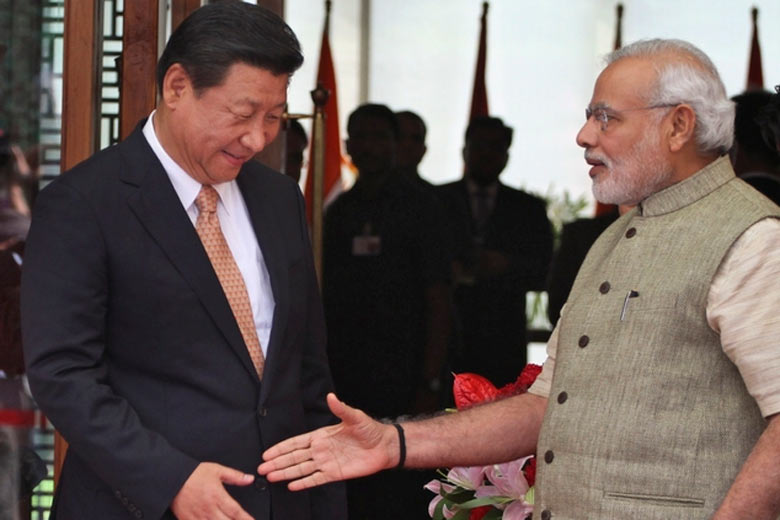Launched in 2013, China’s Belt and Road Initiative (BRI), colloquially referred to as its ‘New Silk Road’, has made headlines ever since it was first announced by President Xi Jinping. Claimed by China to be the biggest project of the 21st century, it had already received $580 billion dollars of funding as of 2018.
Yet China’s latest attempts to encourage other countries to join its project have fallen short, with India recently having made its position “very clear”, after Finance Minister Nirmala Sitharaman revealed to Yahoo Finance that a territorial dispute has made its participation untenable.
In an article on trading with SEBI Forex Brokers in India, the country is described as the second-most populous in the world and one that offers a wealth of opportunities to investors. Indeed, the Securities and Exchange Board of India is been described as one of the world’s most influential forex regulators.
The country is increasingly making its mark as an economic force and has leapt up the world rankings for “ease of doing business”, as we recently reported. India’s collaboration on a project such as the New Silk Road naturally seems attractive to those behind the idea.
Promisingly for China, neighbouring countries such as Nepal and Pakistan have been all too eager to deepen their relationships with them in recent months, having already signed onto the proposed trillion-dollar infrastructure plan.
India, however, has been less impressed by the proposed plans, which have long proved to be a thorn in its side, with one part of the project in particular having proven contentious: the China Pakistan Economic Corridor.
This $60 billion infrastructure plan will aim to connect the country’s Xinjiang region with Pakistan’s Gwadar port – by building right through the heart of the disputed Gilgit-Baltistan territory, which is currently located in Pakistani-ruled Kashmir. As Mr Sitharaman explains: “It’s passing through what is essentially our territory, which is under illegal occupation by Pakistan.”
Despite cooperation by a number of its neighbours, India is not the only country to object to the BRI. A number of nations outside of South Asia have also aired concerns, accusing China of everything from debt-trap diplomacy through to opening up opportunities for corruption.
Indeed, US Congress recently passed a bill to create an International Development Finance Corporation in order to address any future state-to-state lending issues that might arise from China’s ambitious project. In a similar vein, the European Union and Japan signed a deal in which they committed to a number of global infrastructure projects around the world, in order to counter the BRI and its potential impact.
With India holding firm, its opposition – and that other nations – seems likely to prove highly problematic to the progress of China’s undoubtedly ambitious plans.

